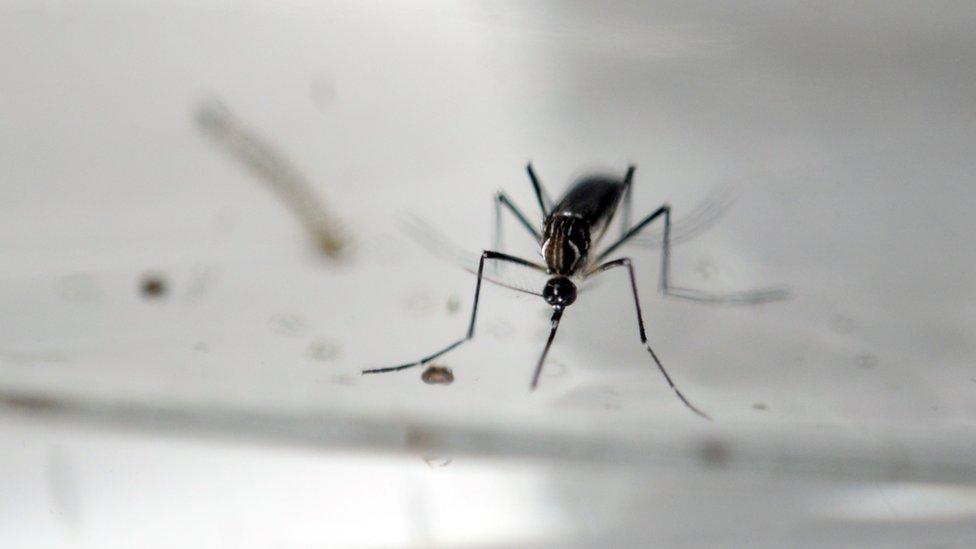Meet the man who's survived a snake, bear and shark attack
- Published
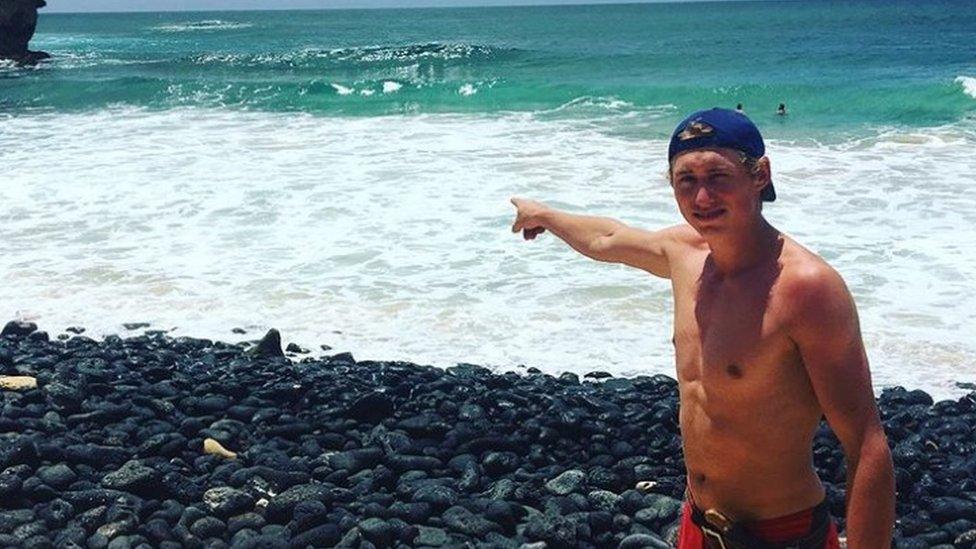
They say bad luck comes in threes, and for Dylan McWilliams, a 20-year-old from Colorado, that has unfortunately proved true.
The young outdoorsman has survived his third bloody brush with the animal kingdom - a shark attack while body boarding off the coast of Hawaii.
"It's kind of crazy," Dylan told the BBC from the island of Kauai. "I don't seem to have a lot of luck but it's kind of lucky in unlucky situations."
He was enjoying the Pacific waves on Thursday morning when he felt something hit his leg. He explained: "I saw the shark underneath me. I started kicking at it - I know I hit it at least once - and swam to shore as quickly as I could."
Worried about the trail of blood he was leaving, he told local media after the attack: "I didn't know if I lost half my leg or what."
Warning: This story contains some graphic images
The shark, believed to be a tiger shark between 6 and 8ft (about 2m), left distinctive teeth marks in Dylan's leg that needed seven stitches.
"My mum was worried," Dylan said of his call to his parents soon after paramedics saw to his injury. "I don't know if they want me doing all this stuff," he admits, but he believes they support him.
The outdoors enthusiast from Grand Junction in western Colorado, has been backpacking across the US and Canada for the past few years, funding his travels with odd jobs working as a ranch hand and even as a survival training instructor.
His grandfather was the first person to teach him survival techniques at the age of three or four, and a love for the outdoors was born.
"I've been teaching kids and people, whoever wants, how to survive in the wilderness and live off the land like the explorers did," said the Crocodile Hunter fan from his camping spot on a Hawaiian beach.
He was putting those survival skills to use on a camping trip in Colorado last July, when at 4am, while sleeping outdoors, he was woken up to find his head being clamped in the jaws of a bear.
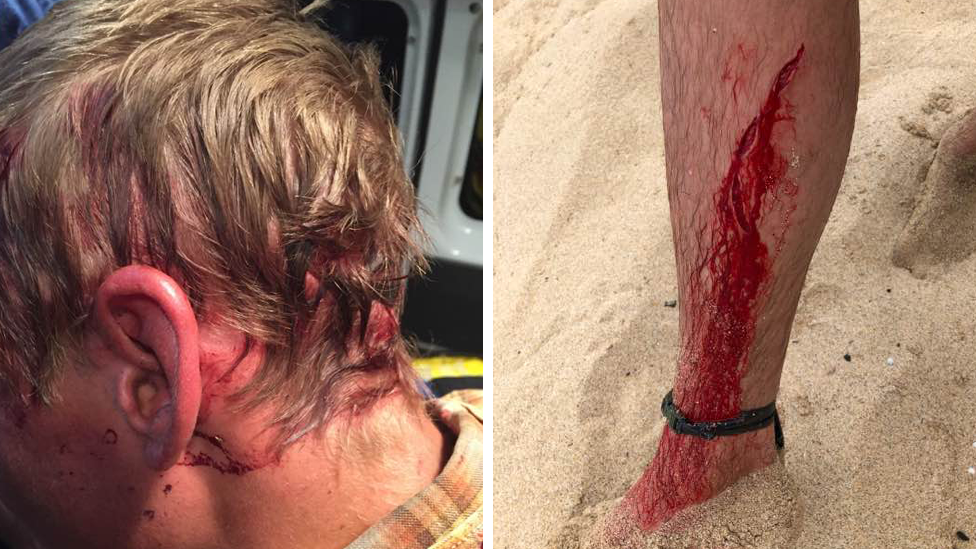
Dylan McWilliams was mauled by a bear in 2017 (left) and bitten by a shark last week (right)
"This black bear grabbed me by the back of the head, and I was fighting back, poking it in the eye until it let me go," Dylan describes vividly.
His friends awoke to the commotion, but after the 300 pound (136kg) male bear stomped on Dylan, it walked away.
Park authorities caught it the next morning, and after tests confirmed Dylan's blood was under the bear's claws, the outdoorsman said the animal was put down.
Nine staples to the back of his head have left scars and a pain when he touches them, but the experience hasn't put off the young man from his love of the outdoors.
"I've always loved animals and spent as much time with them as I could," the backpacker said from Kauai island, which has recently been plagued with floods.
He attributes these dangerous incidents to just being in the wrong place at the wrong time, adding: "I don't blame the shark, I don't blame the bear, and I don't blame the rattlesnake."
Allow Instagram content?
This article contains content provided by Instagram. We ask for your permission before anything is loaded, as they may be using cookies and other technologies. You may want to read Meta’s Instagram cookie policy, external and privacy policy, external before accepting. To view this content choose ‘accept and continue’.
And this brings us to Dylan's arguably least deadly run-in three years ago - a rattlesnake attack during a hiking trip in Utah.
"I was walking down a trail and I thought I kicked a cactus but couldn't see one, and then saw a rattlesnake all coiled up."
The then 17-year-old made the call not to go to the hospital because he figured he had only suffered a dry bite. "There was a little venom so I did get a bit sick for a couple of days," the aspiring police officer said.
"We have to respect [animals'] boundaries but I don't think I was invading or provoking any of the attacks - they just happened."
Dylan McWilliams is now impatient for his wounds to heal so he can get back on to the surf. Despite his run of bad luck, he encourages everyone to experience the outdoors. "I still go hiking, I still catch rattle snakes, and I will still swim in the ocean."
When asked if he thinks he will have another brush with dangerous wildlife, he said: "I hope not, but I spend most of my time outside with animals... so I guess anything could happen."
- Published18 April 2018
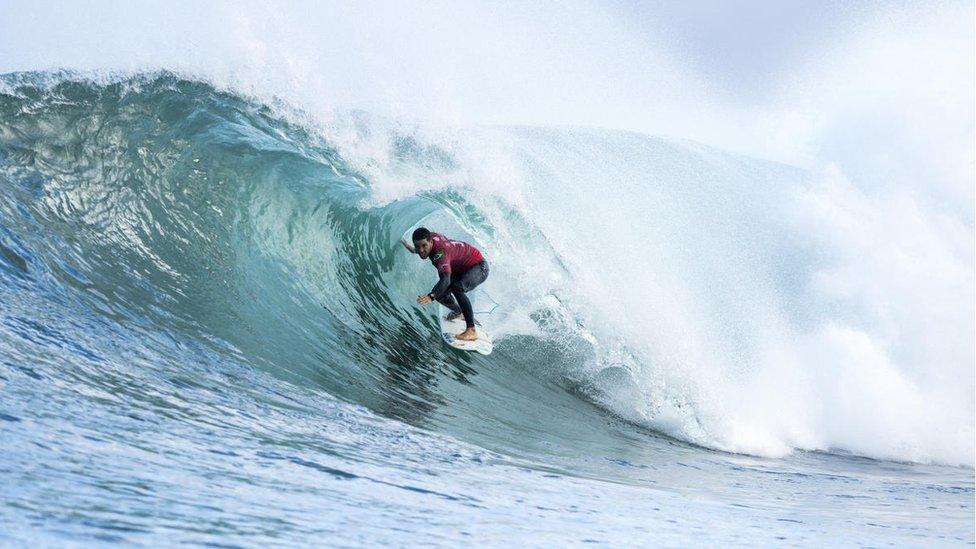
- Published1 January 2018
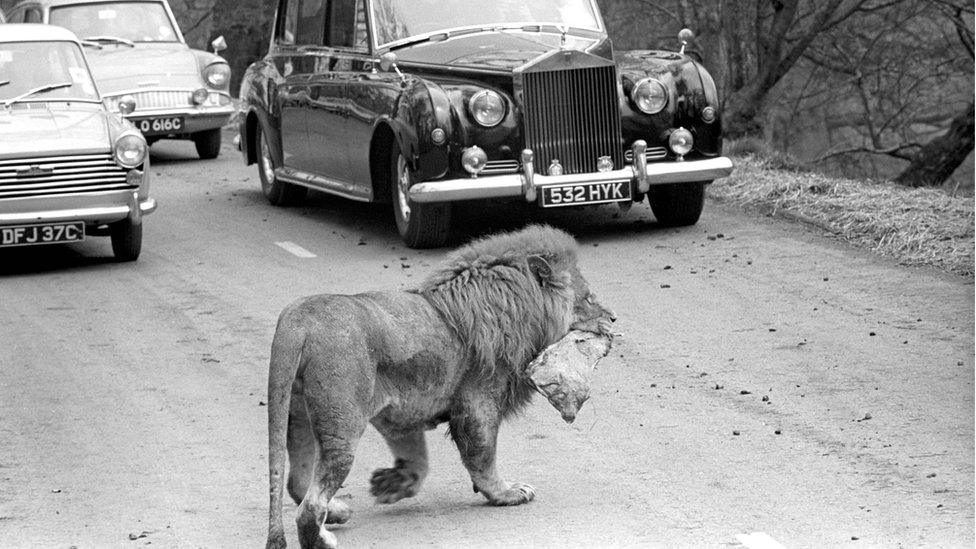
- Published14 November 2017
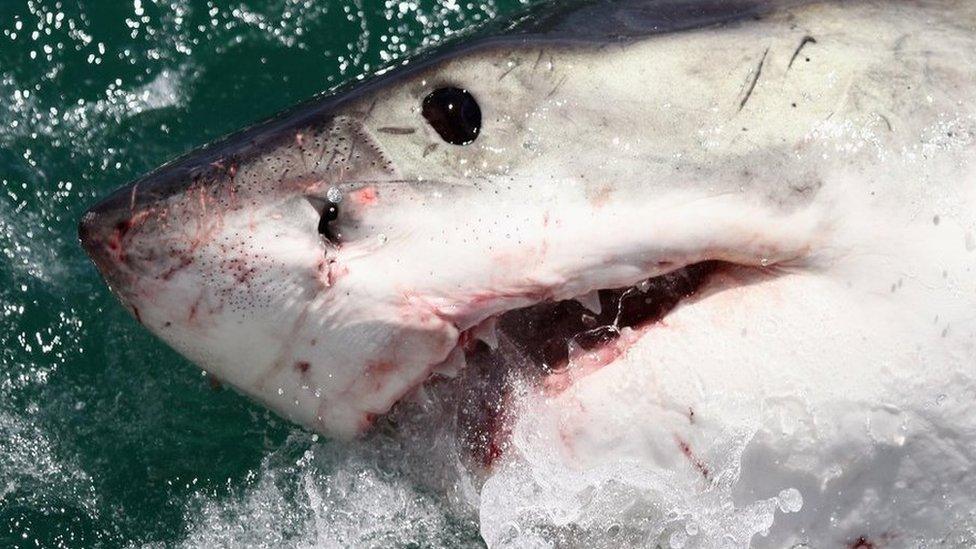
- Published23 October 2017
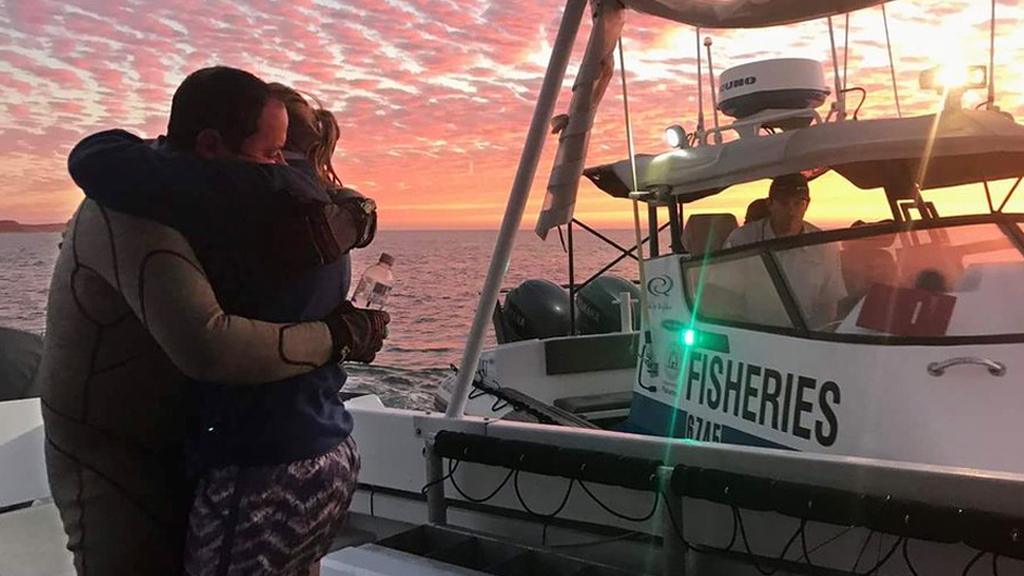
- Published20 July 2017
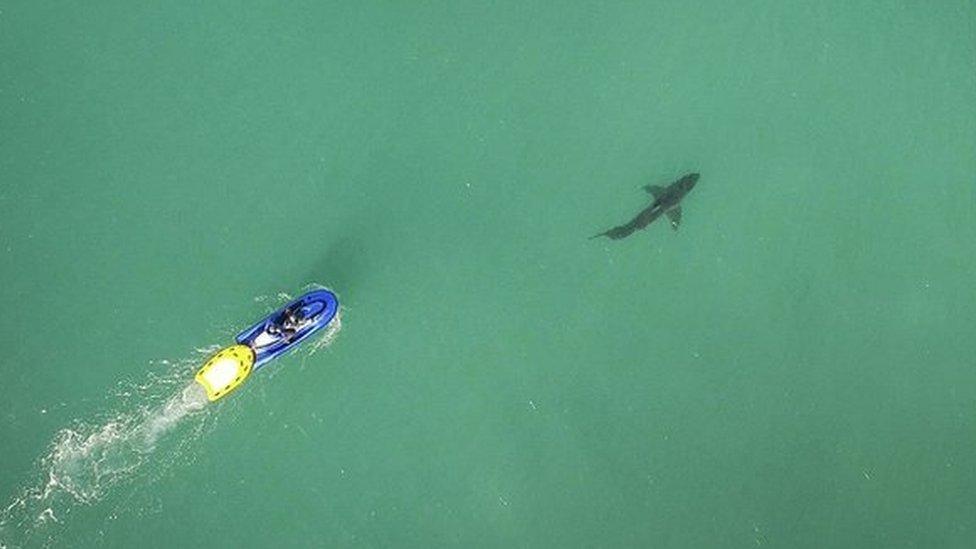
- Published18 January 2017
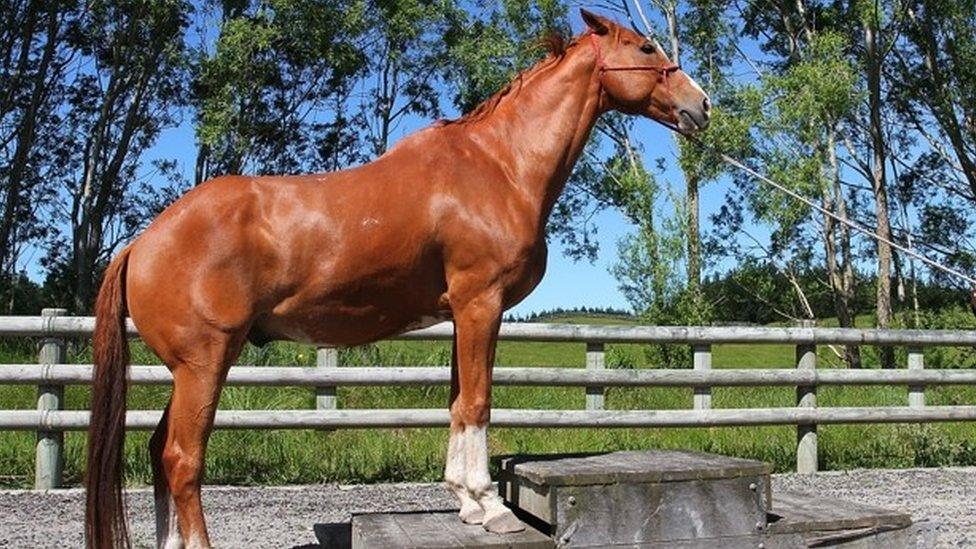
- Published15 June 2016
